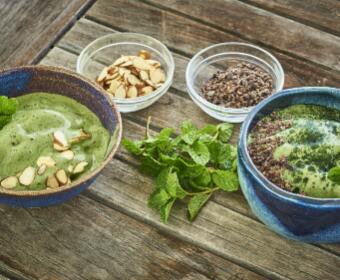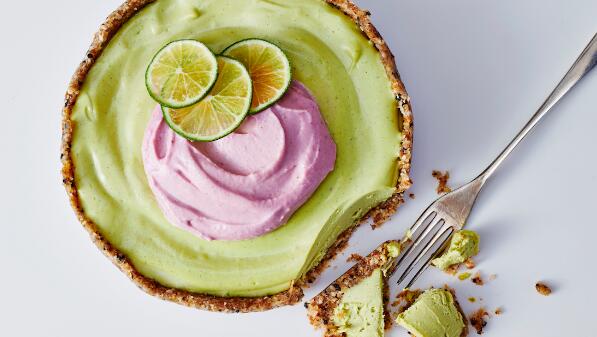ontentious as the debate on GMOs, or Genetically Modified Organisms. At this point, most consumers have heard of GMOs, but many still don’t understand exactly what they are, or what all the fuss is about.
Genetically modified organisms are the product of scientific processes that allow the genetic material from one organism to be “spliced” into the genetic makeup of another organism. Researchers have come up with some novel uses for this process, such as creating glow-in-the-dark mice, pigs with cowhides, and goats that produce spider-silk protein when they lactate.
So far, however, the bulk of the genetic tinkering has been performed on plants. Plants can be modified to produce all sorts of effects. They can be altered to be frost resistant, or to have better immunity from common diseases. They can be modified so they’re unharmed by commonly used herbicides, or given genes that cause them to produce insecticides that will protect them from foraging insects.
The most common GMO crops in the U.S. are corn, soybeans, canola, and cotton.
The creators of Genetically Modified Organisms claim that they’re perfectly safe to eat, and do not have deleterious effects on the environment. They cite several benefits to the creation and utilization of GMOs, including:
• A more robust food supply that is less vulnerable to droughts, pests and diseases
• Larger crop yields, producing enough food to feed the world’s hungry
• Better flavor, texture, and shelf-lives
• Improved nutritional content
Ending world hunger and creating healthier food certainly sound like noble undertakings, but critics of big biotech companies paint a very different picture.
There are also concerns about the safety of consuming GMO crops. While the World Health Organization has asserted that GMOs are no less safe than traditional crops, critics point to studies that indicate that we still have much to discover about the long-term effects of including GMOs in our diets.
At Nutrex Hawaii, we’re passionate about health and the environment. And regardless of our personal opinions on the GMO debate, we believe our customers have the right to know where their supplements come from. That’s why we’re so proud to offer Non-GMO Verified Spirulina.
What does Non-GMO Verified mean? It means that our Spirulina has been independently verified by the Non-GMO Project to contain absolutely no genetically modified materials. The Non-GMO Project is North America’s only independent verifier of Non-GMO products, meaning their certification is a mark of safety and quality that consumers can trust.
What are the precautions for autumn health?...
 How to solve the lack of health in autumn
How to solve the lack of health in autumnHow to solve the lack of health in autumn...
 It’s easy to get fat in autumn. These reasons lead to
It’s easy to get fat in autumn. These reasons lead toIt’s easy to get fat in autumn. These reasons lead to...
 Falling in the first place in the fall, teach you how to avoid it.
Falling in the first place in the fall, teach you how to avoid it.Falling in the first place in the fall, teach you how to avoid it....
 Correct summer heat removal method in summer
Correct summer heat removal method in summerCorrect summer heat removal method in summer...
 Keep a good schedule during the summer, pay attention to eat more acid
Keep a good schedule during the summer, pay attention to eat more acidKeep a good schedule during the summer, pay attention to eat more acid...
Sign up to receive exclusive promotions and health recipes via email.

